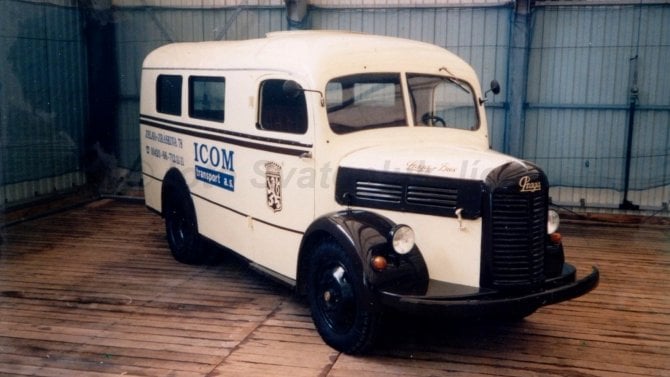...
By Jan Lopatka
The Czech Republic's carbon dioxide national allocation plan gives CEZ credits to release 34.34 million tonnes of the greenhouse gas per year in the 2008-2012 period, the Environment Ministry said.
The allocation is marginally above the power company's actual 2006 emissions of 34.3 million but below 36.9 million in permits that CEZ was allocated per year in 2005-2007.
The ministry said CEZ and others may still comment on the plan distributing the national quota for carbon emission permits before it is approved by the cabinet, but added it could not see any significant changes.
CEZ is by far the biggest Czech CO2 polluter but was given more permits than it needed in past years. The company made 3.5 billion crowns ($166 million) on selling surplus permits last year, but the new allocation means it will have no big surplus.
CEZ said it will study the plan and comment on it in due course.
CEZ shares edged 0.1 percent up to 1,082 crowns after the new allocation was released and stood 1.6 percent higher on the day at 1250 GMT.
"This is basically positive for CEZ, as their reduction is proportionally smaller than the reduction for the Czech Republic as a whole," said Lukas Dufek, an analyst at Komercni Banka.
The European Commission cut back the annual allocation for the entire Czech Republic to 86.8 million tonnes per year for the 2008-2012 period from the 101.9 million Prague had demanded and the 97.6 million awarded per year in 2005-2007.
The reduced allocation is still higher than the country's total 2006 emissions of 83.6 million and 2005 emissions of 82.4 million, as reported by the Environment Ministry on Thursday.
But the Czech Repubic is still suing the European Commission for the cut-back, along with Poland and Slovakia.
The emissions trading scheme is the 27-nation EU's main tool to fight climate change and meet commitments to cut emissions under the Kyoto Protocol.
East European countries cut their carbon emissions significantly in the 1990s when they restructured their Communist-era industries, and thus have no problem meeting internationally set targets for emission cuts.
They argue that their resurgent industries should be given more room to pollute in the coming years. The European Commission however views handing out too many permits as unfair public aid.
Among the country's biggest polluters other than CEZ, Chemopetrol, a unit of oil group Unipetrol , was given 3.13 million permits, down from 3.5 million annually in 2005-2007 but still slightly above 2006 emissions.
Unipetrol's 51-percent owned oil refinery Ceska Rafinerska was given 0.87 million permits, below actual 2006 emission levels.
[PRAGUE/Reuters/Finance.cz]




 Test Volkswagen Caravelle Long 2.0 TDI 4Motion: Mikrobus do nepohody
Test Volkswagen Caravelle Long 2.0 TDI 4Motion: Mikrobus do nepohody
 Malý náklaďáček mnoha jmen: Škoda/Aero/Praga (A) 150 byla nedoceněným československým dříčem
Malý náklaďáček mnoha jmen: Škoda/Aero/Praga (A) 150 byla nedoceněným československým dříčem
 Řidička uvízla na železničním přejezdu, rychlík ji minul jen o kousek
Řidička uvízla na železničním přejezdu, rychlík ji minul jen o kousek
 Brzdná dráha delší až o deset metrů. Hlavně levné pneumatiky z východní Asie jsou pro řidiče rizikové
Brzdná dráha delší až o deset metrů. Hlavně levné pneumatiky z východní Asie jsou pro řidiče rizikové
 Test Renault Symbioz: S novým hybridem jezdí svižně a se spotřebou legendárního té-dé-íčka
Test Renault Symbioz: S novým hybridem jezdí svižně a se spotřebou legendárního té-dé-íčka
